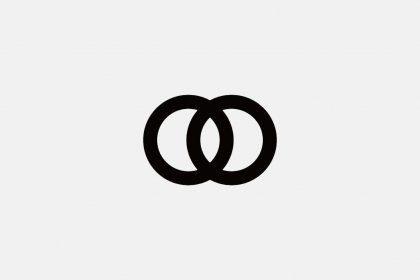A decentralized credit network matches offers from investors and fundraised to facilitate the lending process and unleash the full potential of a $600B fractured across crypto-ecosystem.
The lending market is one of the biggest finance subsectors where credit history works as the backbone to make an objective risk assessment. Traditional financial system empowers banks to serve as a route for establishing a lender-borrower trust and verifying the ability of both participants to execute their obligations. By doing so, individuals and financial institutions have to face problems of accessibility and intermediary costs.
In response to this, two reputed fintech innovators, Gluwa and Aella Credita have joined forces to launch Creditcoin, an inter-blockchain P2P lending market that operates across distributed ledgers ensuring permanent record of transactions that cannot be alter or tampered with.
As Creditcoin enables users to conduct their business bypassing the third parties such as banks, it helps to save on time and overheads that third parties impose on investors. It also makes smaller scale investments feasible due to the elimination of intermediary costs.
Collaboration of Gluwa and Aella Credit aims to create a blockchain-based protocol powered by Creditcoin token that runs on a novel proof and allows independent investment providers to lend in any cryptocurrency. The Creditcoin network is set to connect fundraisers to investors with similar goals via blockchain.
It starts by a fundraiser pegging with some Creditcoin to make a loan offer with a certain amount and determined conditions to the Creditcoin network. The fundraisers are also allowed to post a collateral or a higher interest rate of repayment to make their offers more lucrative.
On their turn, investors who are willing to accept these terms are rewarded with Creditcoin. By design, investors are incentivized to distributed more capital to achieve more Creditcoin.
As soon as the deal is announced, the network will verify the transaction and send Creditcoin to the fundraiser. For this transaction to go through, the fundraiser has to confirm that it is willing to return the funds with interest.
While the traditional P2P market took a long time to establish mutual trust, the Creditcoin network stores the credit history of fundraisers to help investors make informed choices about the offer’s risk and borrower’s credibility using a credit-scoring model. Unlike traditional banking system, the fundraisers may choose to provide personal information to receive more favorable terms.
The main advantage of the Creditcoin project is its readiness to address the major issues of financial industry by creating sustainable cryptocurrency ecosystem that seamlessly matchs investors to fundraisers and makes the process of lending more secure and beneficial for both parties involved.
Since the system is decentralized and public, it guarantee an advanced layer of security. Users can share credit history without providing personal information to centralized institution, which are often the target of hackers’ attacks, while investors may always trust the credit history and make an objective risk assessment.
next